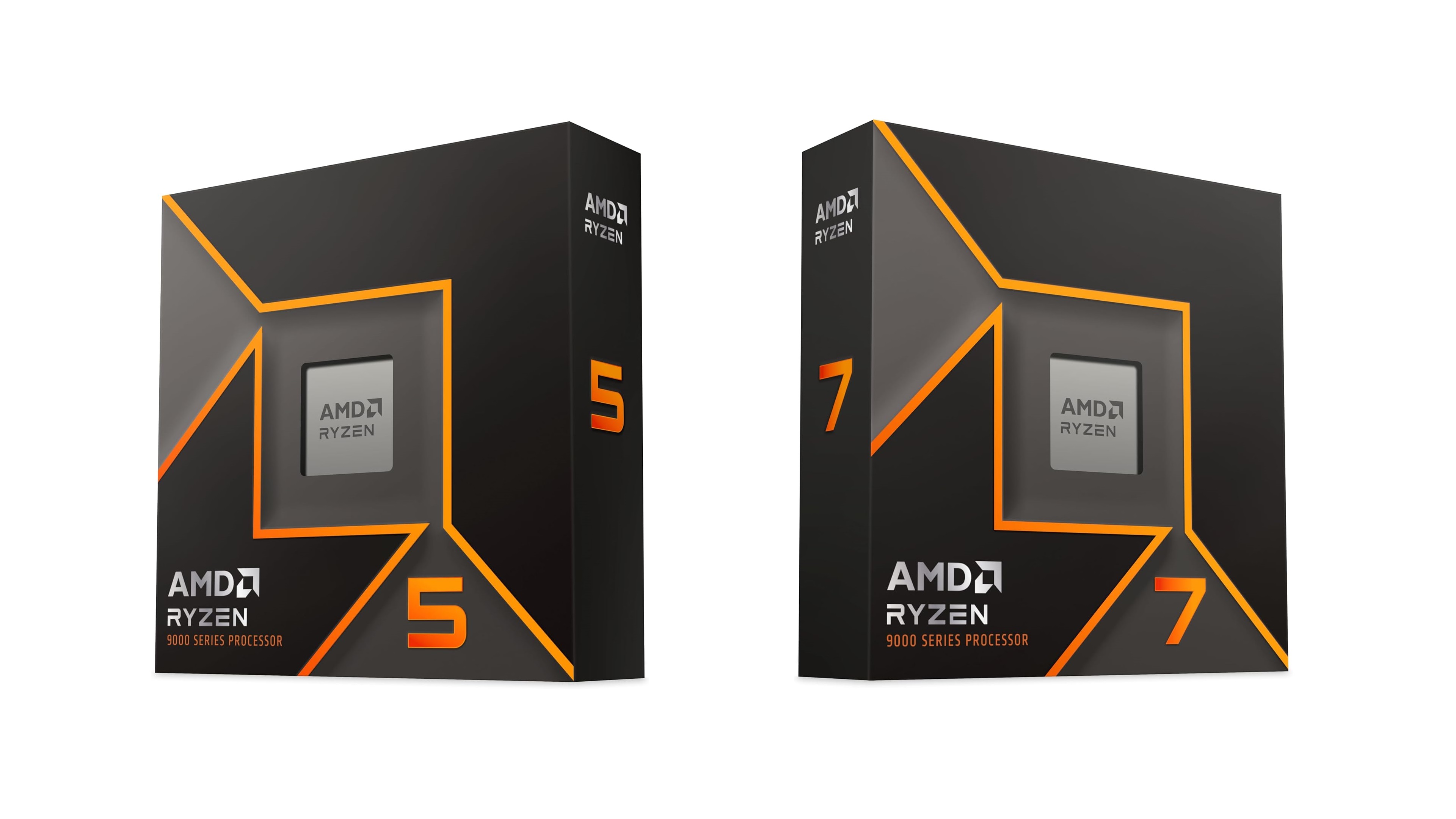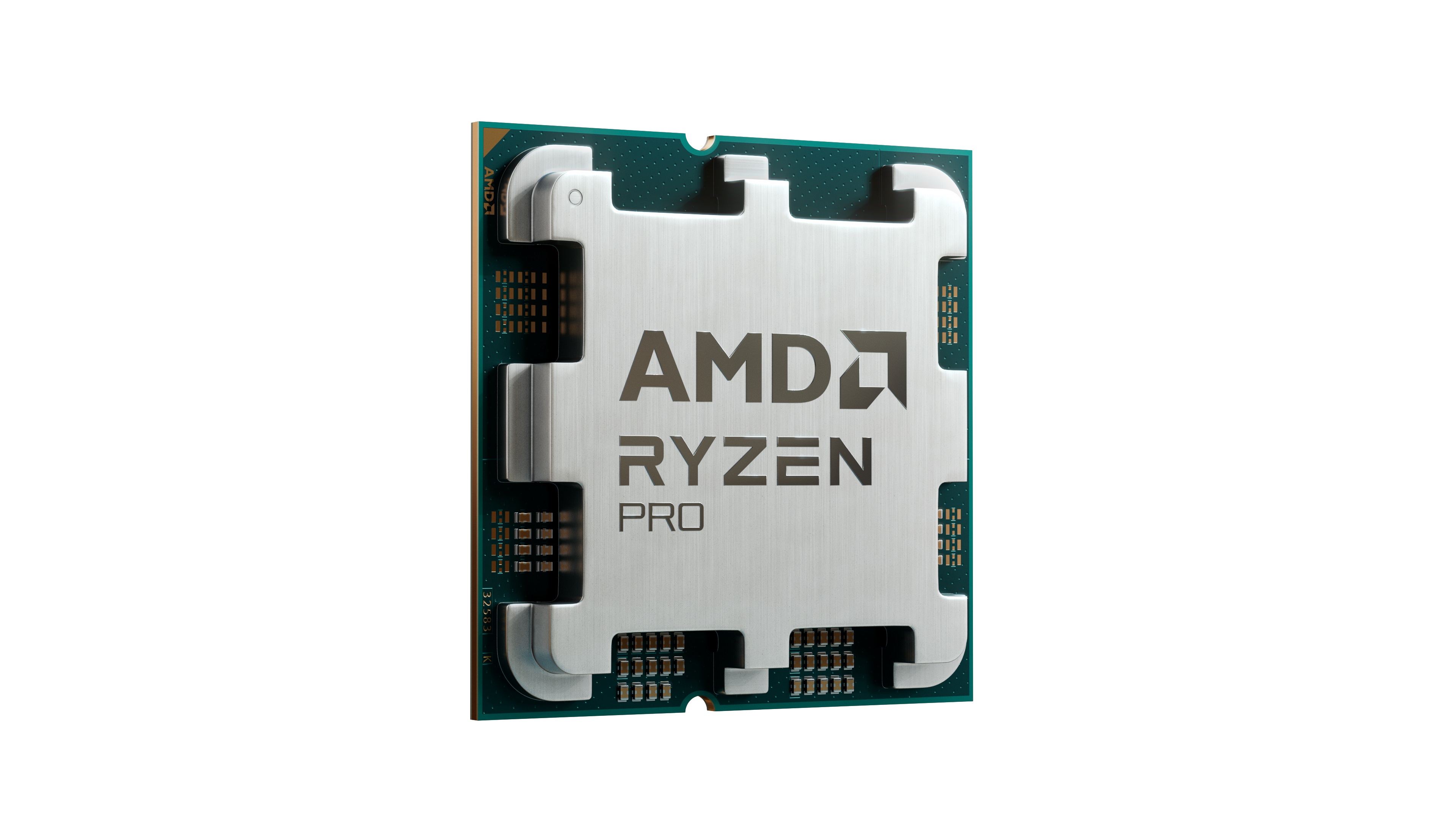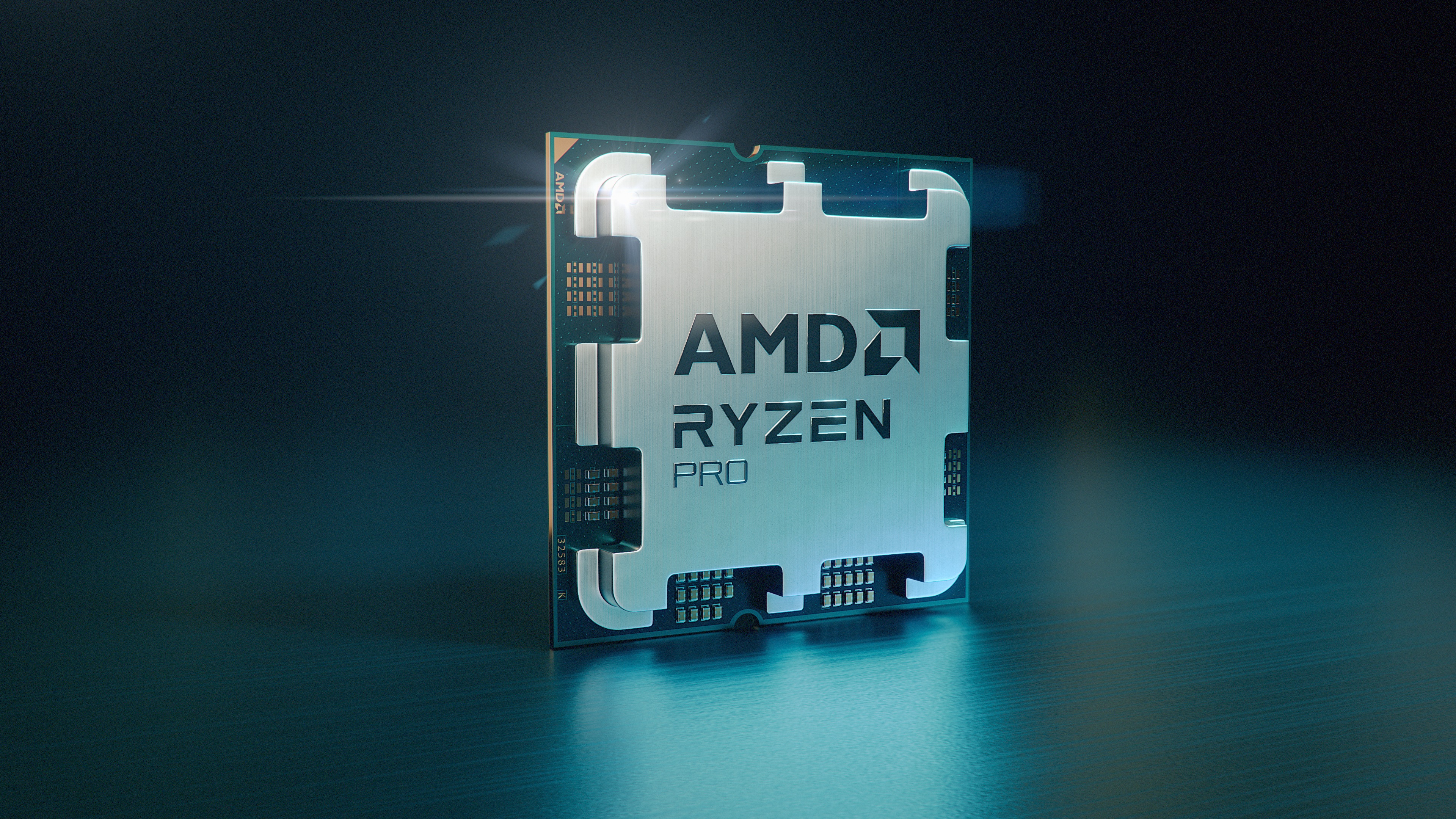Which is better for gaming? 6-Core vs 8-Core CPU? Find out if two extra cores in your CPU can make a big difference in gaming performance.

One of the debates we often see on the internet is 6-Core vs 8-Core CPU. Some say six cores are still more than enough for gaming, while others argue that having eight cores is better and also future-proof. The question is, who’s right? And will two extra cores in your CPU make a big difference in gaming? Let’s find out in this detailed assessment with proper benchmarks.
Note: Parts of this article are subjective and reflect the writer’s opinions.
6-Core vs 8-Core CPU: Detailed Comparison

Testing performance differences between a 6-Core vs an 8-Core CPU is difficult, as there can be so many variables at play. To have an accurate apples-to-apples comparison, we need to have as few variables as possible. Therefore, we cannot test processors from different vendors or even generations.
Keeping that in mind, we chose Ryzen 5 9600X and Ryzen 7 9700X for testing. They are from the same generation, vendor, and even architecture. The only significant differences between them are the core count and clock speed. However, the latter is only 100MHz, so it’s a minor difference. The Ryzen 5 9600X has six cores, and the Ryzen 7 9700X has eight, making them the perfect candidates for our testing.
Specs Comparison
Here are the specs of the Ryzen 5 9600X and Ryzen 7 9700X:
| Specifications | Ryzen 5 9600X | Ryzen 7 9700X |
|---|---|---|
| Architecture | Zen 5 | Zen 5 |
| Core/Thread count | 6/12 | 8/16 |
| Max clock speed | 5.4 GHz | 5.5 GHz |
| L3 cache | 32 MB | 32 MB |
| RAM support | DDR5-5600 | DDR5-5600 |
| PCIe Gen support | Gen 5 | Gen 5 |
| Platform Socket | AM5 | AM5 |
| Thermal design power (TDP) | 65W Typical | 88W Max Extended 105W Typical | 142W Max | 65W Typical | 88W Max Extended 105W Typical | 142W Max |
| Manufacturing nodes | 4nm, 6nm | 4nm, 6nm |
As you can see, there are no practical differences between the Ryzen 5 9600X and Ryzen 7 9700X, except for core count and clock speed. Even the power fed to both processors is exactly the same. This makes an apples-to-apples performance comparison quite possible.
Synthetic Performance Comparison
It’s time we put the specs aside and look at the actual performance comparison between the two CPUs. Here’s how the Ryzen 5 9600X and Ryzen 7 9700X perform in popular synthetic benchmarks:
| Benchmarks | Ryzen 5 9600X | Ryzen 7 9700X |
|---|---|---|
| Cinebench R23 (Single-Core) | 2154 | 2213 |
| Cinebench R23 (Multi-Core) | 17447 | 20228 |
| Geekbench 6 (Single-Core) | 3334 | 3331 |
| Geekbench 6 (Multi-Core) | 15031 | 17511 |
| Passmark CPU (Single-Core) | 4568 | 4655 |
| Passmark CPU (Multi-Core) | 30014 | 37165 |
The 8-core Ryzen 7 9700X is only around 1.4% faster than the Ryzen 5 9600X in single-core benchmarks. However, the former is about 20% faster than the latter in multi-core benchmarks. Therefore, the 8-core is obviously better in productivity, which we already expected. However, our goal is to test whether there is a performance advantage in buying an 8-core CPU over a 6-core CPU in gaming, which you will find below.
Game Performance Comparison
Here’s how the Ryzen 5 9600X and Ryzen 7 9700X handle some of the popular games on the market:
| Games | Ryzen 5 9600X | Ryzen 7 9700X |
|---|---|---|
| S.T.A.L.K.E.R. 2 | 79 FPS | 86 FPS |
| Cyberpunk 2077 | 99 FPS | 116 FPS |
| Hogwarts Legacy | 71 FPS | 75 FPS |
| Ghost of Tsushima | 178 FPS | 189 FPS |
| Starfield | 93 FPS | 112 FPS |
| Forza Horizon 5 | 253 FPS | 255 FPS |
| The Witcher 3 | 85 FPS | 96 FPS |
Note: The two CPUs were tested at 1080p resolution with the RTX 4090 GPU. All FPS numbers were sourced from the Hardware Tested channel on YouTube.
On average, the 8-core Ryzen 7 9700X was able to extract 8.2% more FPS over the Ryzen 5 9600X. However, even this 8.2% performance difference was due to the RTX 4090. Mid-range chips will always have bottlenecks with flagship GPUs like the Nvidia RTX 4090 or 5090.
Even higher-end 16-core Ryzen 9 9950X struggles with those graphics cards. Only the Ryzen 7 9800X3D or other X3D CPUs can properly handle those flagship GPUs. This is why you see an 8.2% performance difference.
When the Ryzen 5 9600X and Ryzen 7 9700X are configured with a high-end GPU, such as Radeon RX 9700 XT or lower, instead of a flagship card like RTX 4090, the performance difference will be negligible.

Final Verdict on 6-Core vs 8-Core CPU
The 8-core Ryzen 7 9700X did deliver 8.2% more FPS than the 6-core Ryzen 5 9600X when paired with a flagship GPU like Nvidia RTX 4090. However, the performance difference will be much lower when these CPUs are paired with mid-range graphics cards like Nvidia RTX 4070 or even high-end GPUs like Radeon RX 9070 XT.
Therefore, the 6-core CPUs are still fine for modern games. However, that doesn’t mean all 6-core processors are fine. You need a modern 6-core CPU, such as Intel Core i5 12400F and newer or AMD Ryzen 5 5600 and newer. These 6-core CPUs should be more than fine for modern gaming or modern GPUs. However, if you want gaming and productivity, then an 8-core processor would be the better choice.
However, for strictly gaming, Modern CPUs with six cores and above are fine. The difference between 6-Core and 8-Core processors is almost negligible. The core count of a processor is not the most important spec for gaming.
Instead, specifications, such as clock speed and cache, are more important. This is why X3D CPUs with significantly higher L3 cache deliver the top-class gaming performance. Even the Ryzen 5 9600X3D would outperform any 8 or even 12-core CPU.
We provide the latest news and “How To’s” for Tech content. Meanwhile, you can check out the following articles related to PC GPUs, CPU and GPU comparisons, mobile phones, and more:
- 5 Best Air Coolers for CPUs in 2025
- ASUS TUF Gaming F16 Release Date, Specifications, Price, and More
- iPhone 16e vs iPhone SE (3rd Gen): Which One To Buy in 2025?
- Powerbeats Pro 2 vs AirPods Pro 2: Which One To Get in 2025
- RTX 5070 Ti vs. RTX 4070 Super: Specs, Price and More Compared
- Windows 11: How To Disable Lock Screen Widgets
 Reddit
Reddit
 Email
Email


